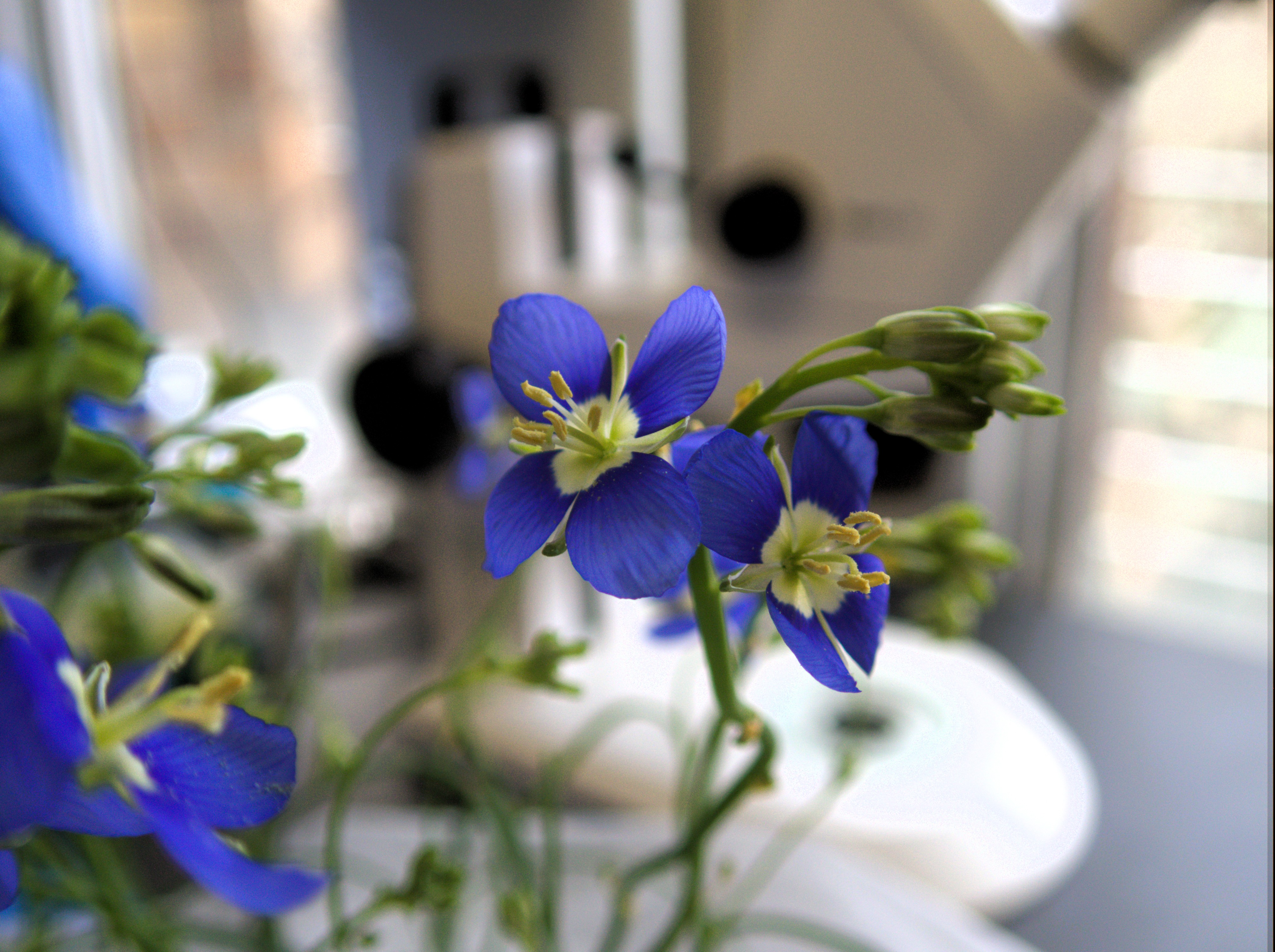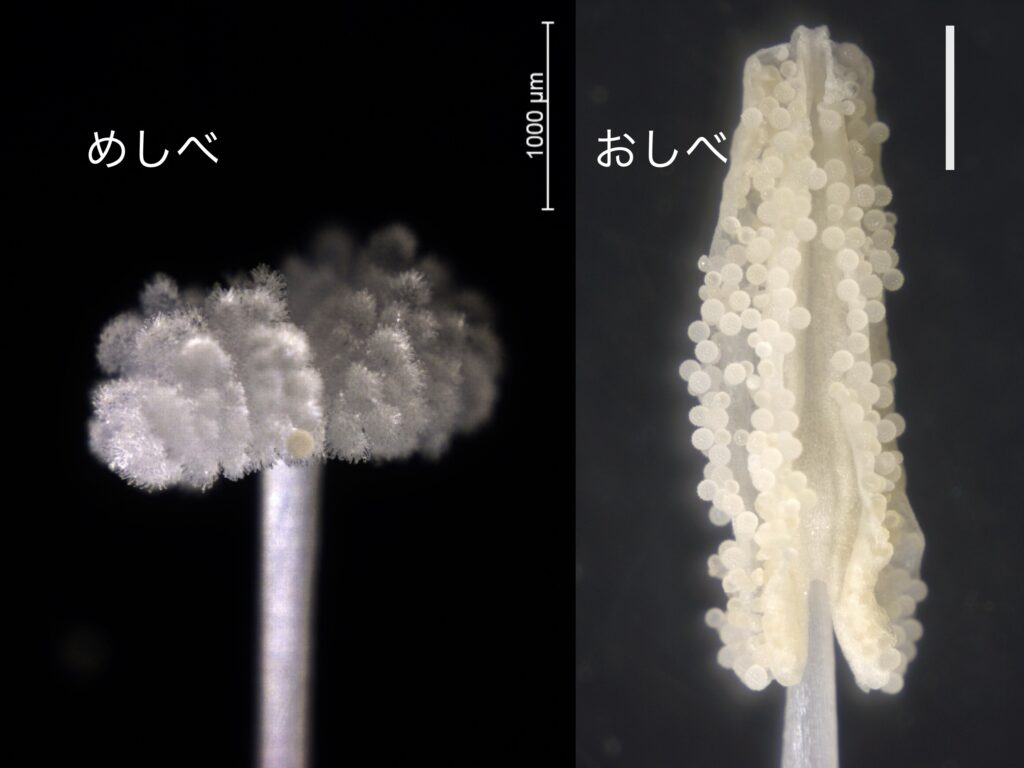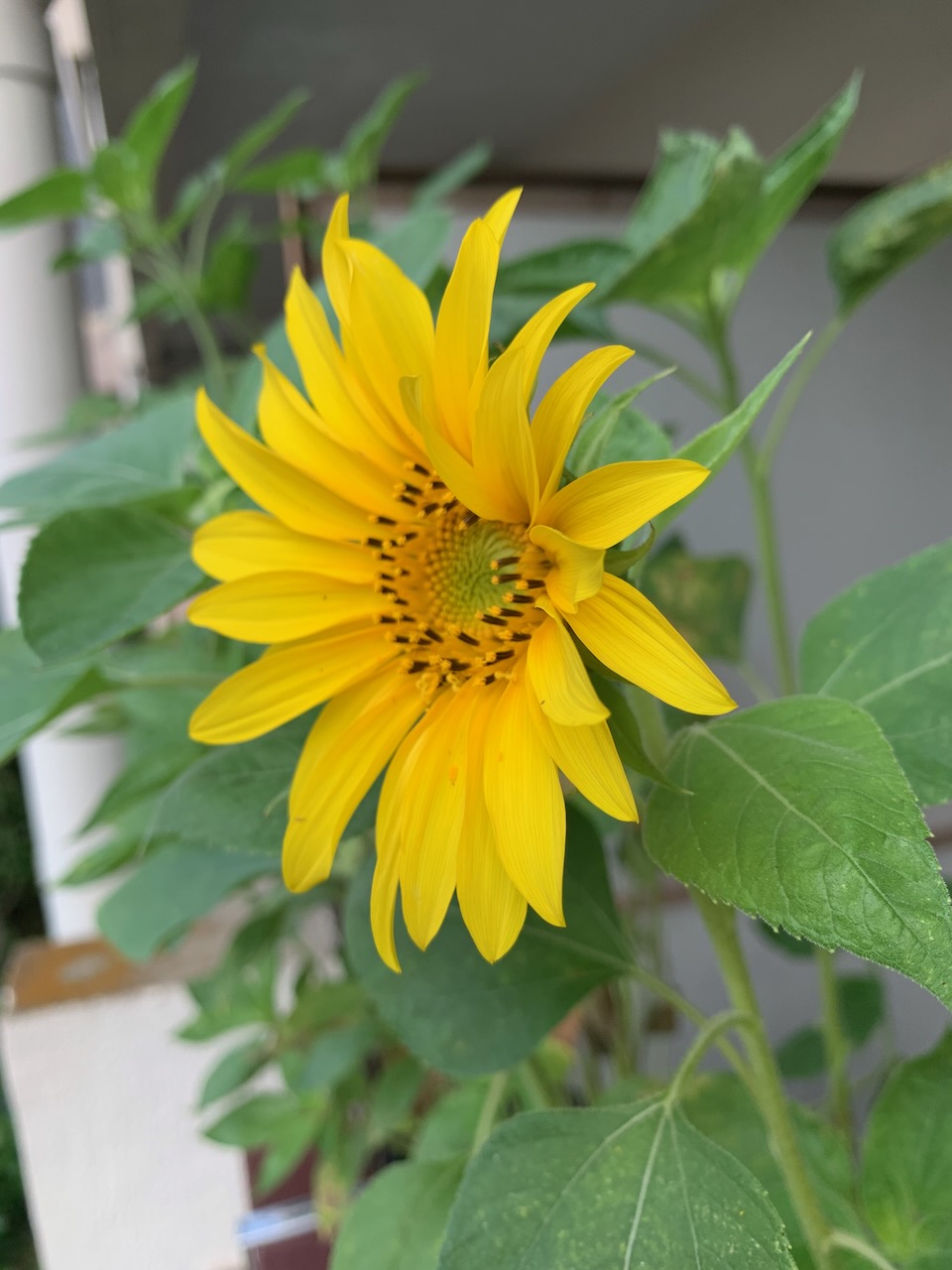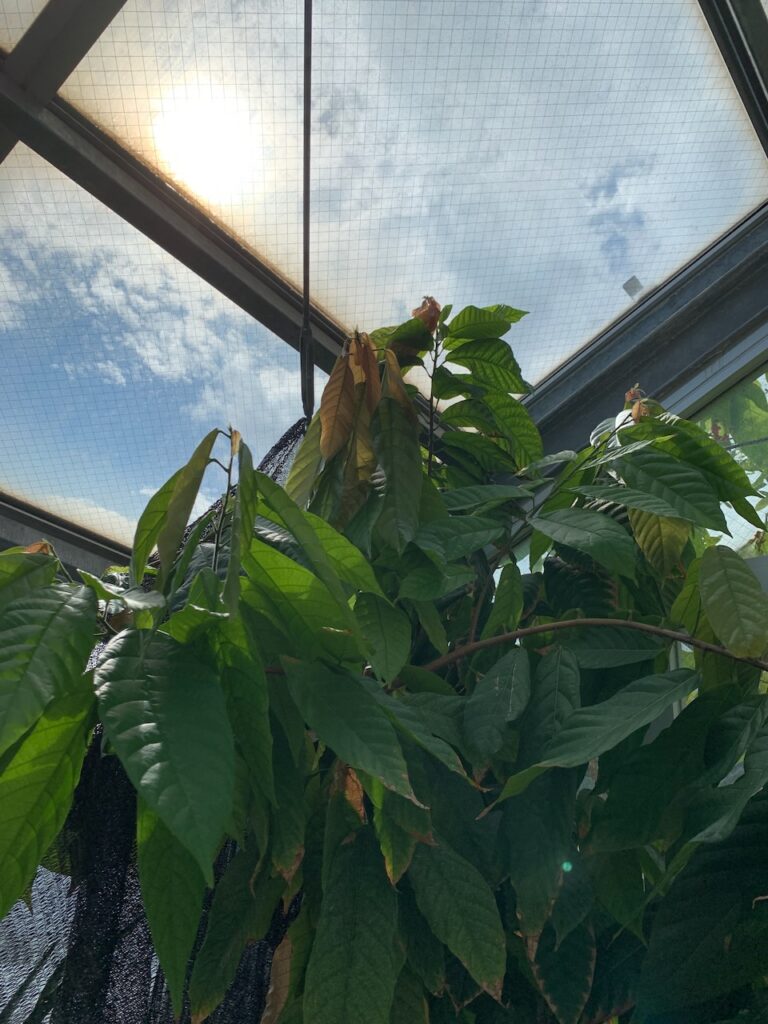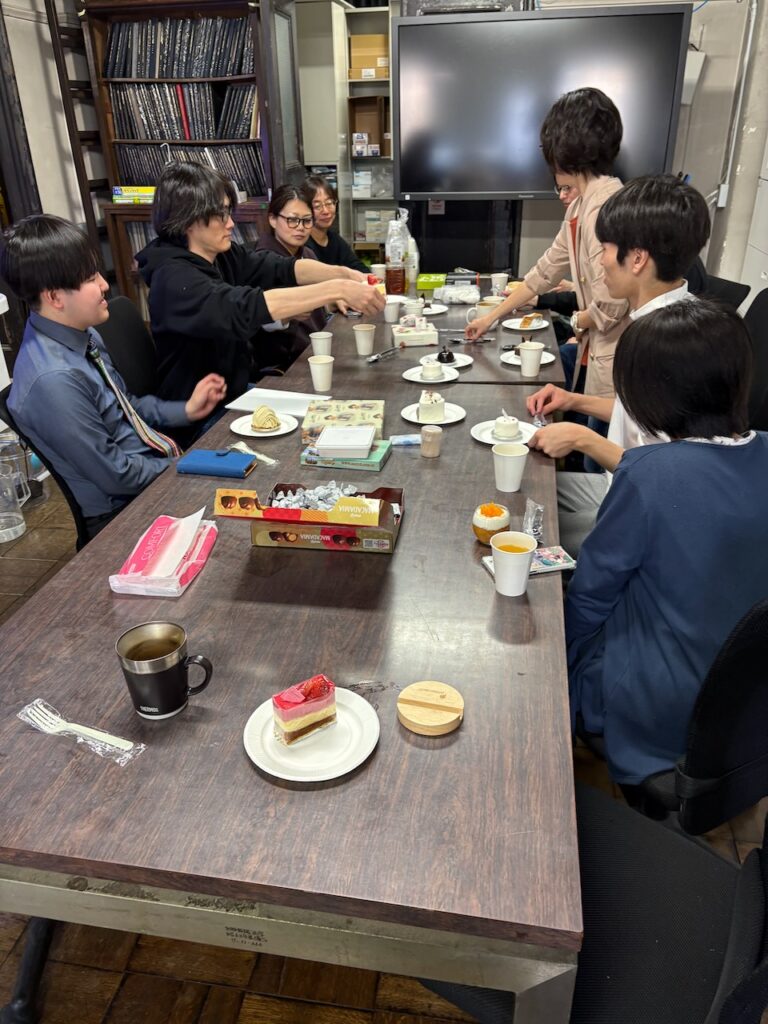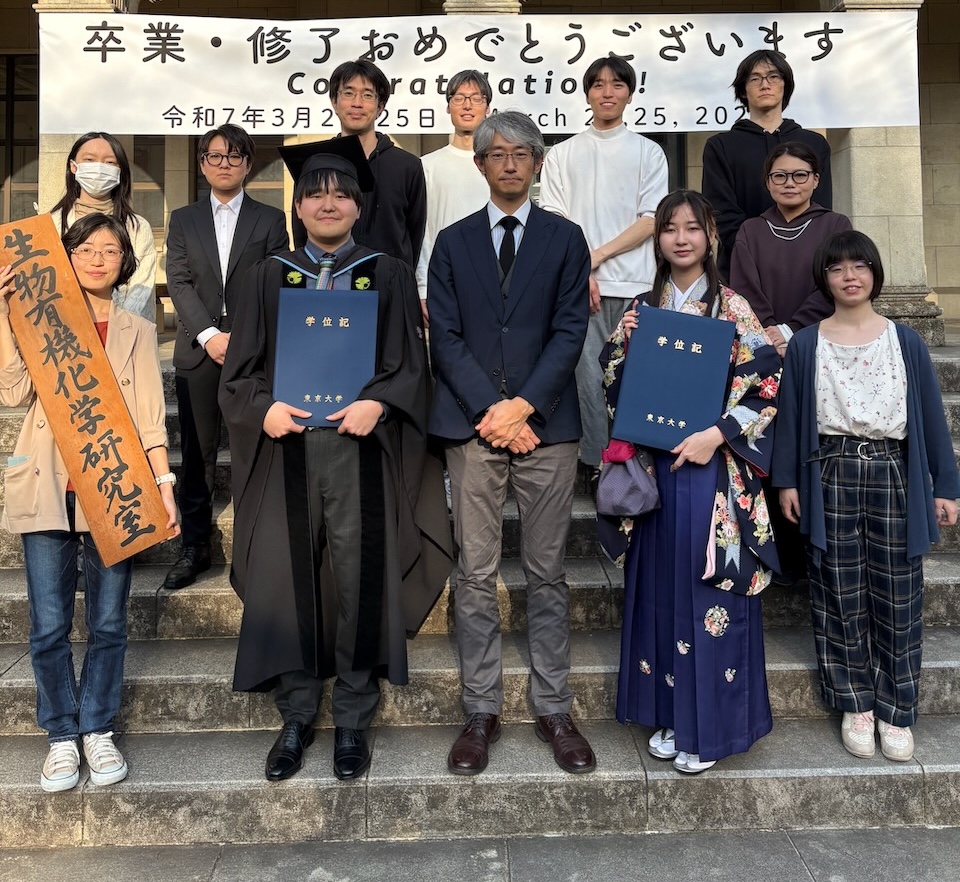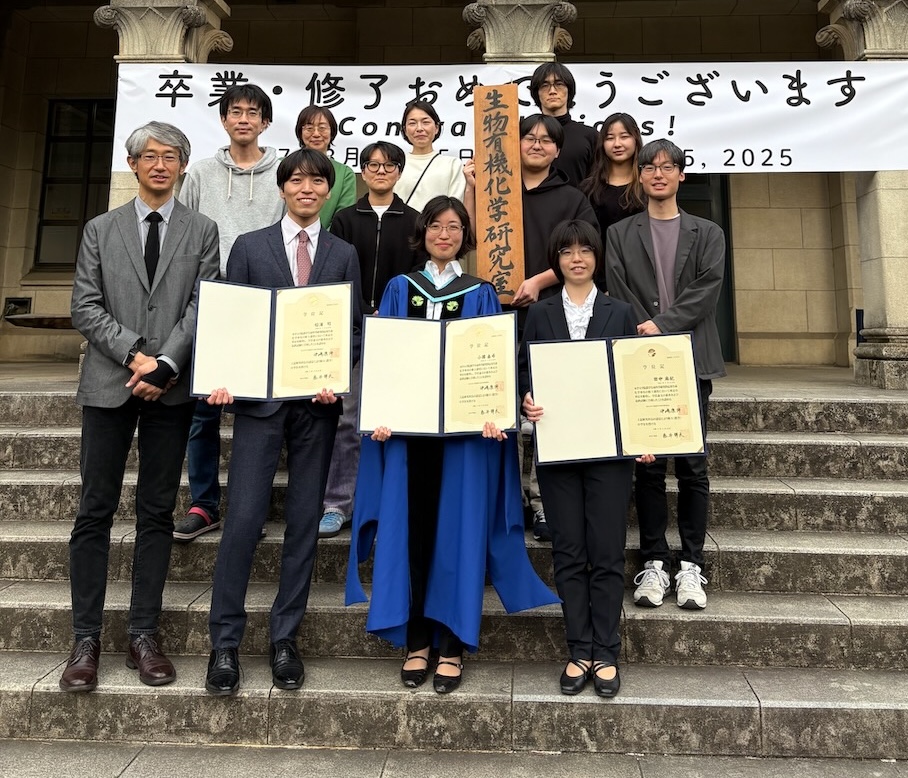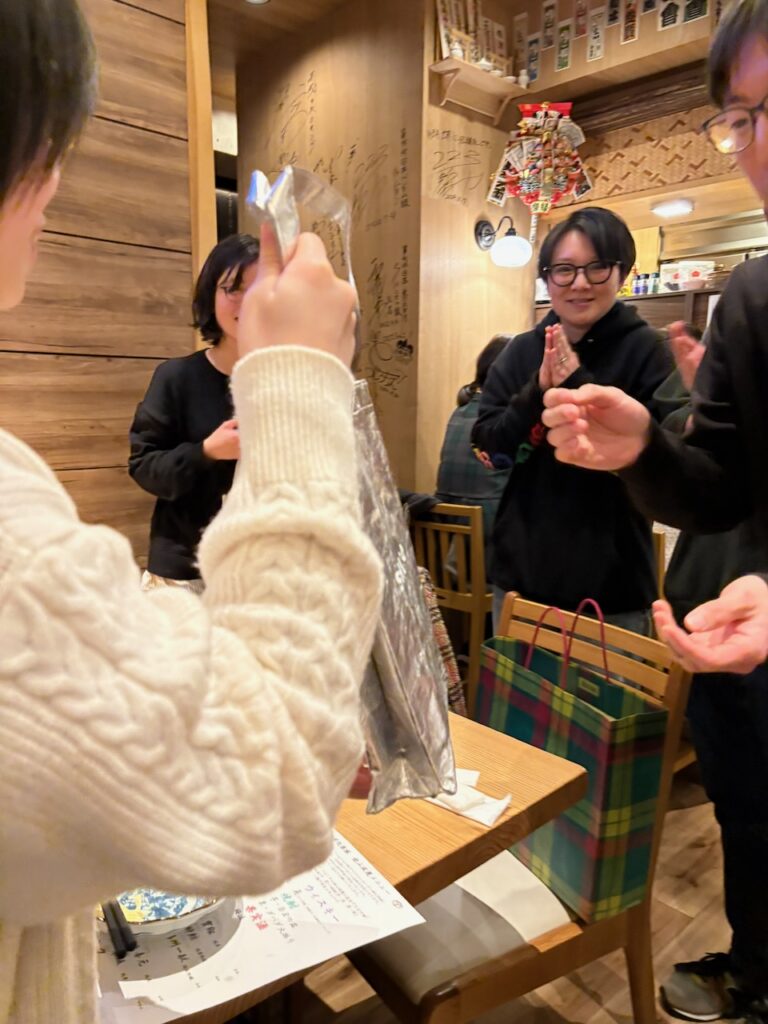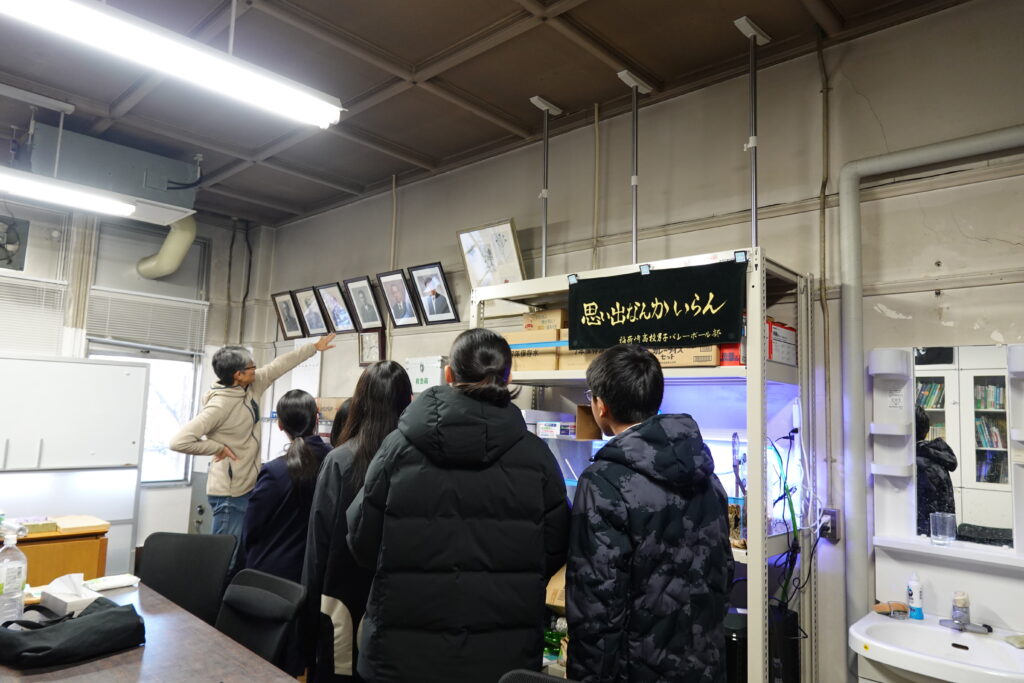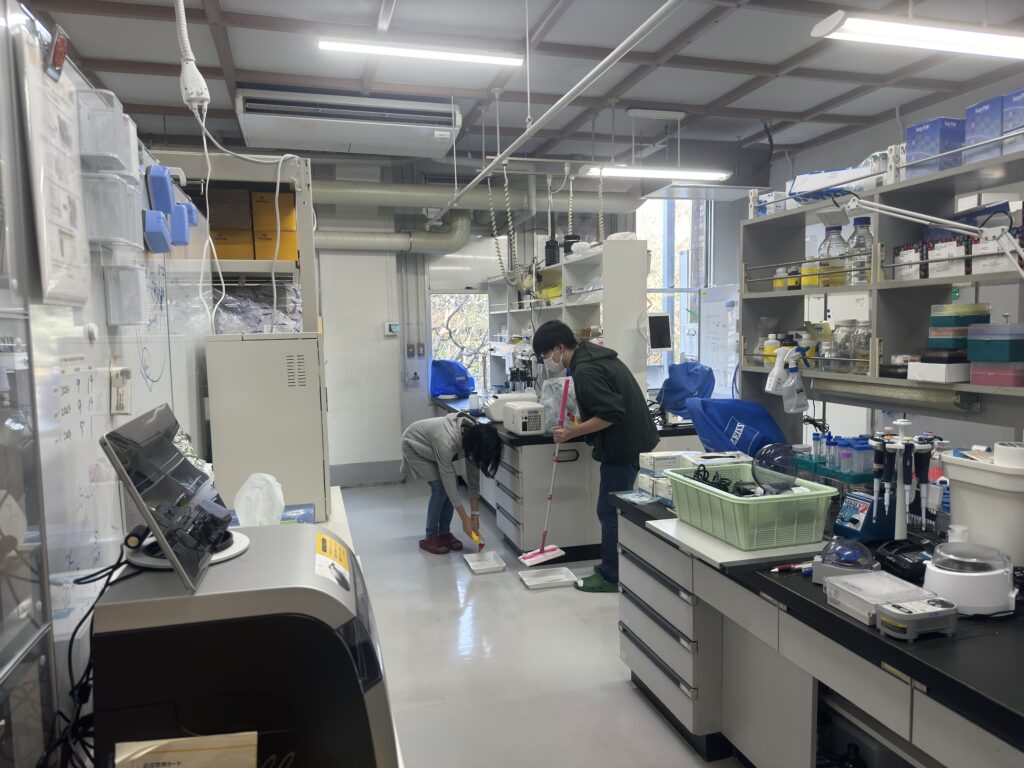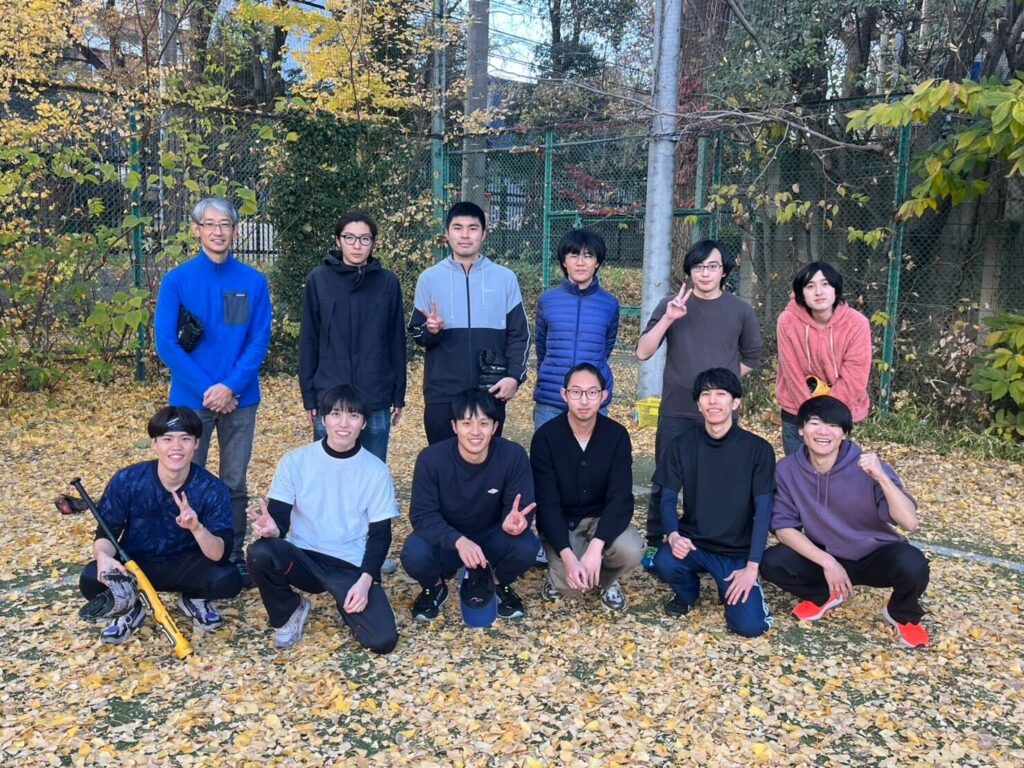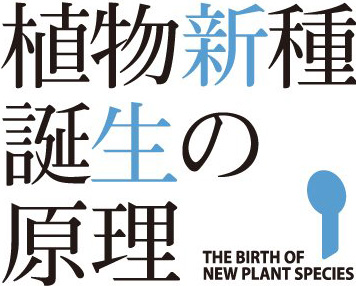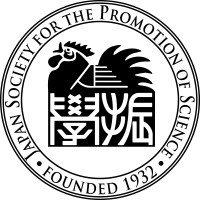-

なぜ「花」と「生殖」を研究するのか?Why study flowers and reproduction?「花」は生物が作り出す物の中で,最も多様なものです.また,育種,作物生産,生態系の維持など,農学的に中枢的な役割をもちます.私たちの研究室は多様な花と生殖を研究する事で,様々な生命現象を解明して農学に貢献することを目指します.
"Flowers" are the most diverse of all the things produced by living organisms. They also play a central role in agronomy, such as breeding, crop production, and maintenance of ecosystems. Our lab aims to contribute to agricultural science by elucidating various biological processes through the study of diverse flowers and reproduction. -

なぜ花と生殖の「分子」を研究するのですか?Why do we explore "molecules" in flower and reproduction?「花」と「生殖」は生物の活動の中で最も早く進化して多様性に富んでいるものです.それらにまつわる生命現象を研究する事で,新たな生物活性分子(タンパク質,低分子化合物)が発見できるでしょう.
"Flowers" and "reproduction" are the fastest evolving and most diverse of all biological activities. By studying the life forms related to them, new biologically active molecules (proteins and low-molecular compounds) will be discovered. -

Brassica rapaカブの仲間の花自家不和合性の研究のモデルとして使っています。 -

Petunia hybridaペチュニアS-RNase型自家不和合性をもつ、代表的な植物種です。
研究室でも家庭でも育て易い、優れたモデル植物です。 -

Malcolmia littoreaマルコルミア・リットリア当研究室が生殖障壁の研究モデルとして使っている植物です。
この植物を使っている研究室は他にはないですが、一度開花すると半年程度毎日花が咲き続ける優秀なモデル植物です。
最近、全ゲノム情報を解読しました。 -

Arabidopsis thalianaシロイヌナズナセントロメア、rDNA、テロメアに至るまでゲノムが解読されたモデル植物です。 -

Hibiscus mutabilisフヨウアオイ科の植物で数百 µm近い巨大な花粉をつくります.
受精の段階で機能する自家不和合性をもっていると考えられています -

ラン科の植物西オーストラリアで撮影したラン科の植物です.
オーストラリアには2,000を超える固有種がいると言われていて,花粉媒介者を惹きつけるため多様な形態をしています.
Pick Up /注目記事
Updates /新着記事
-
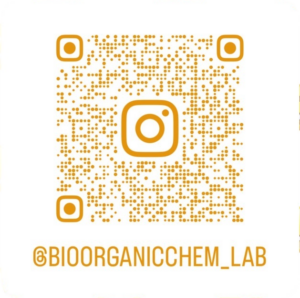
News研究室見学、随時歓迎しています!2025.12.24
-
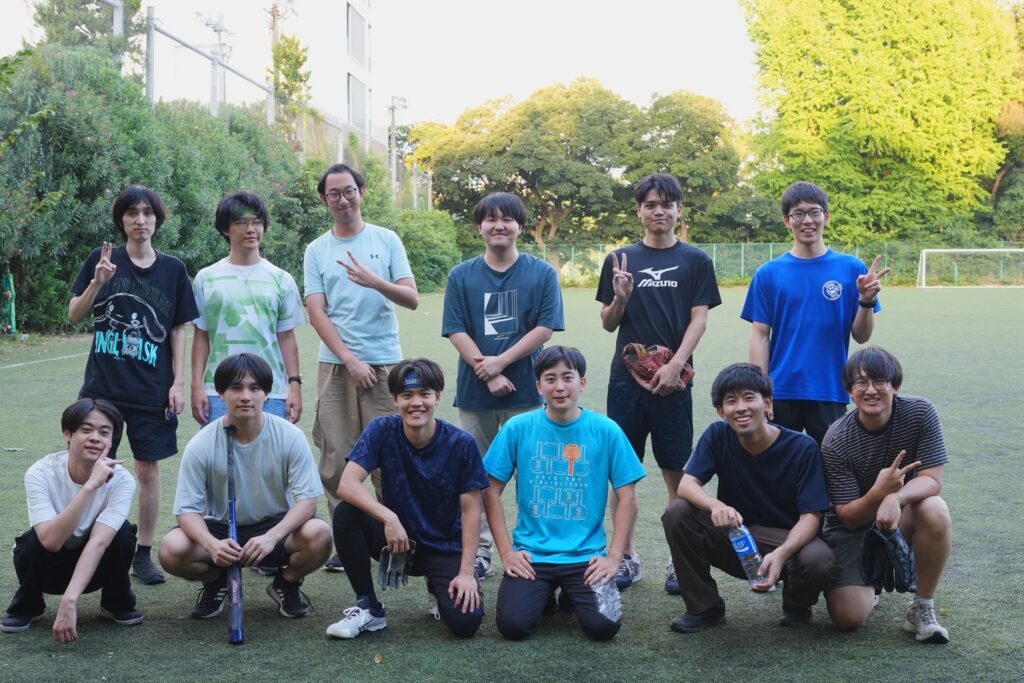
Blogソフトボール大会2025.12.05
-
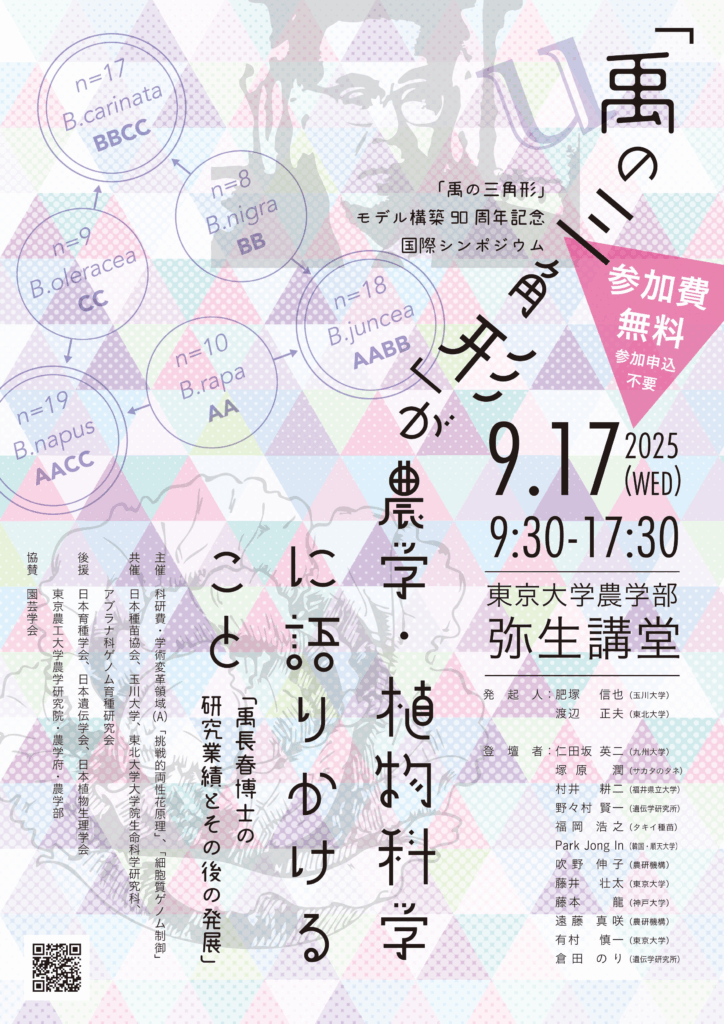
News「禹の三角形」シンポで講演します!2025.09.12
-
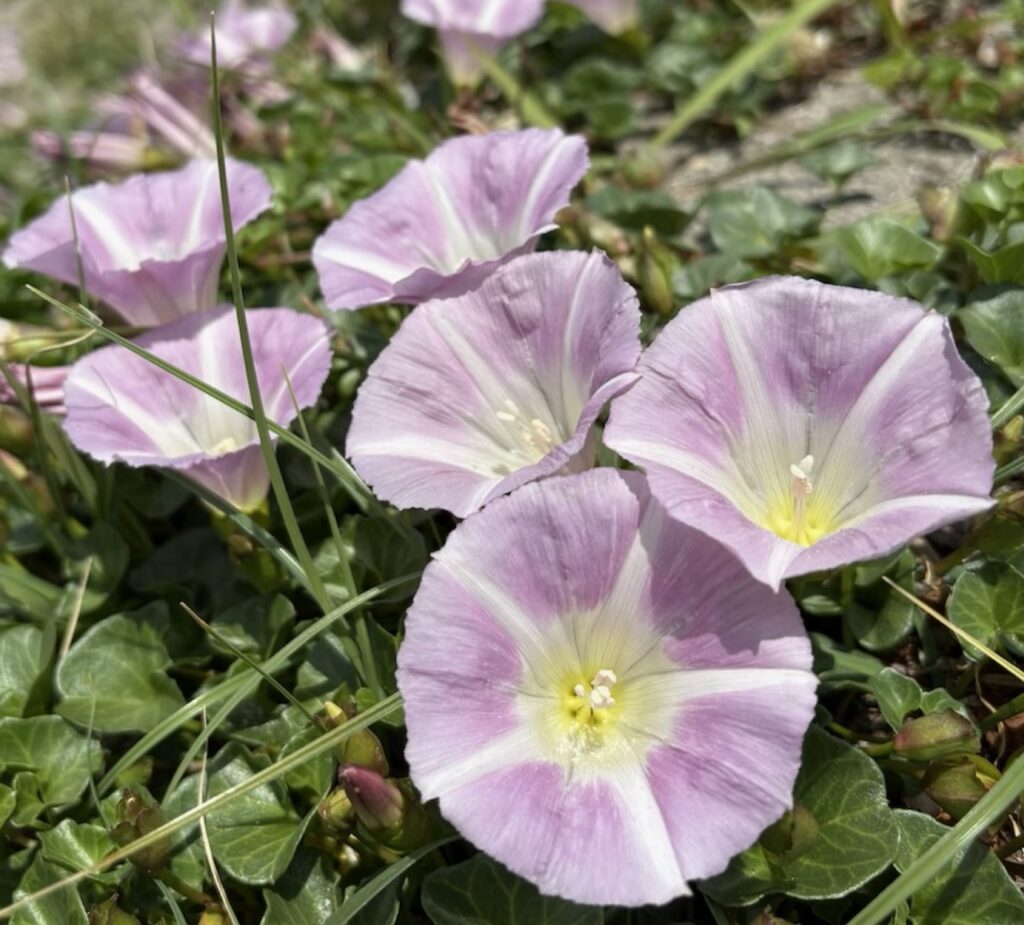
News木更津市郷土博物館金のすずで地域学講座を開講します2025.06.18
-
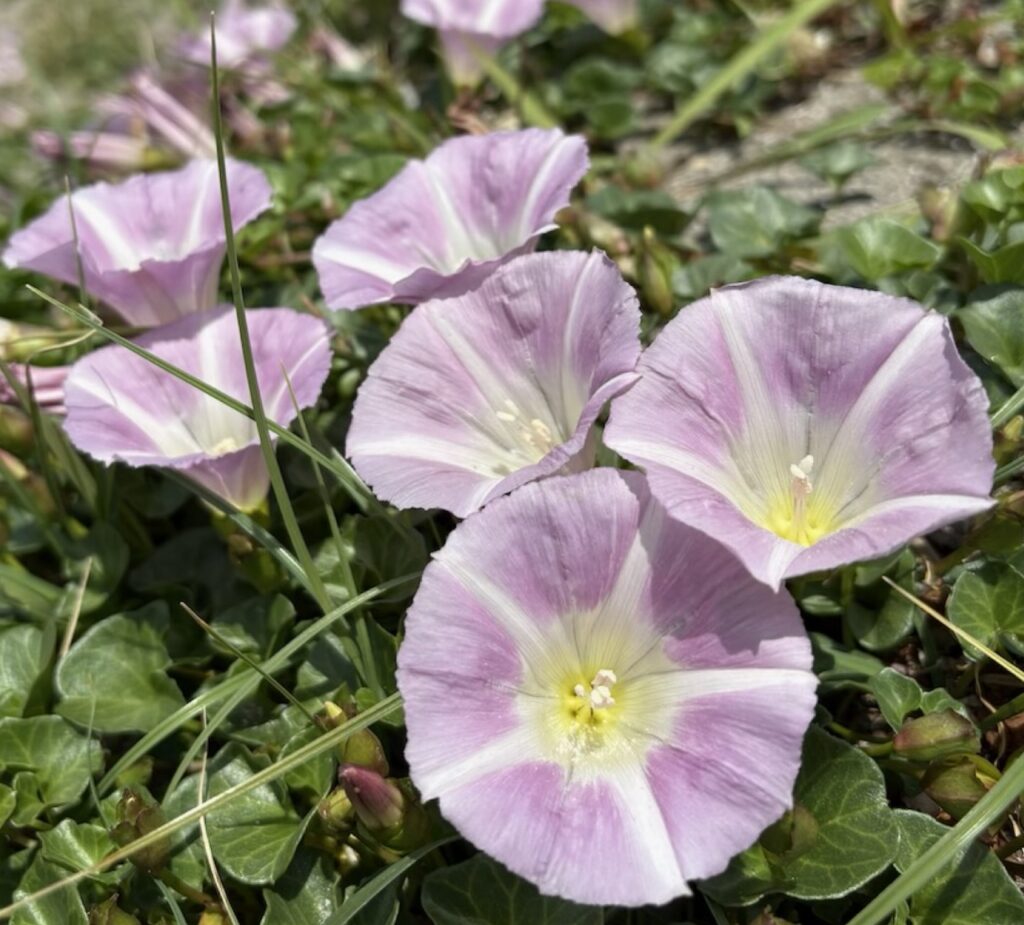
Newsイオンモールでアサガオイベントやります2025.06.18
-
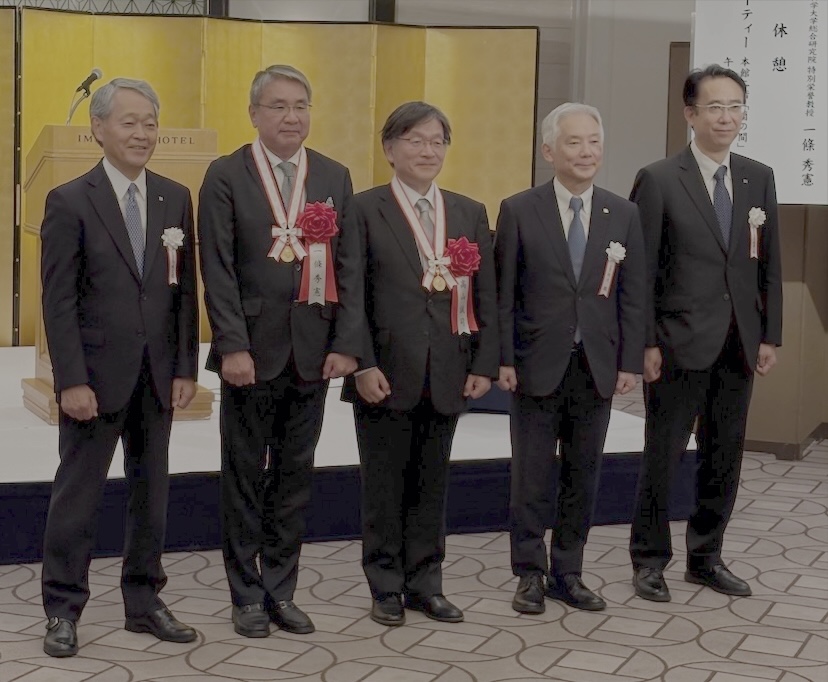
Blog高山名誉教授が第66回藤原賞を受賞しました2025.06.18
-
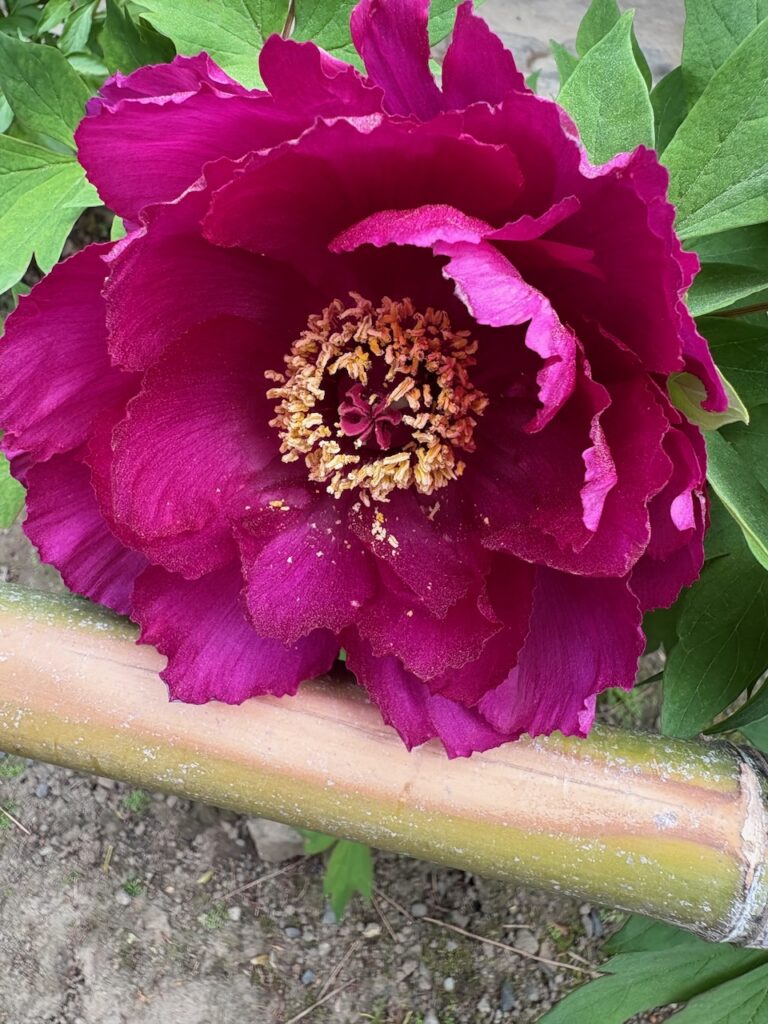
Opportunities2025年度の大学院説明会2025.04.22
-
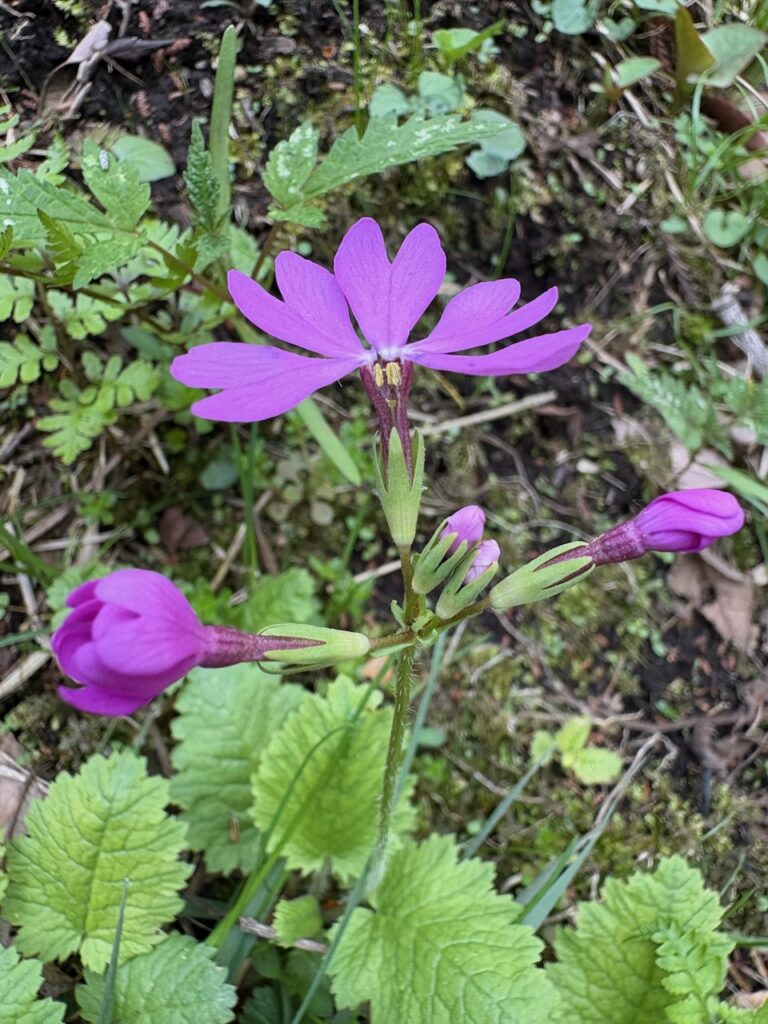
Blogサクラソウのサンプリングに行きました2025.04.22
-
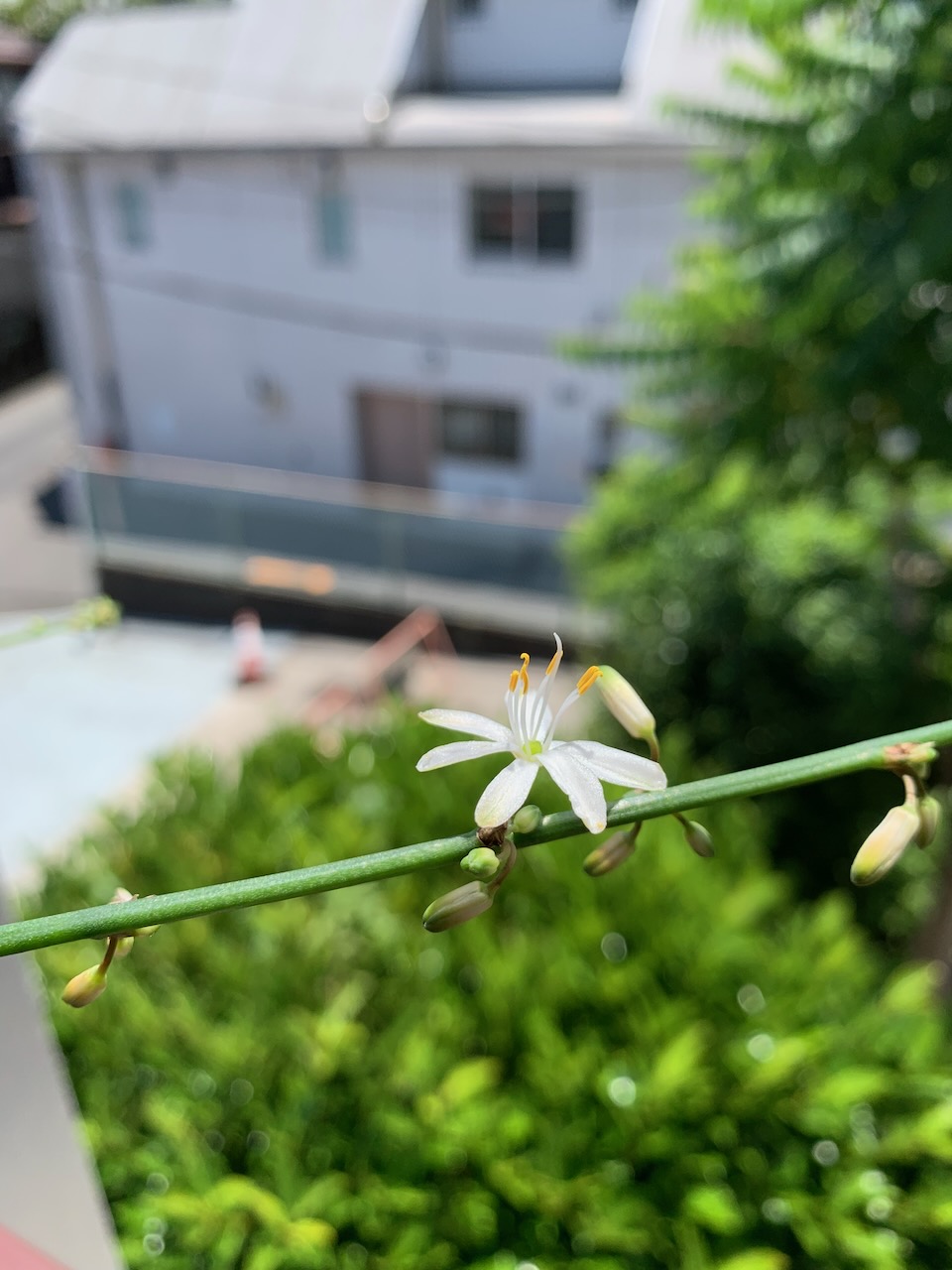
Blog2025年6月12日のバイオベンチャーフォーラムに登壇します2025.04.09
-
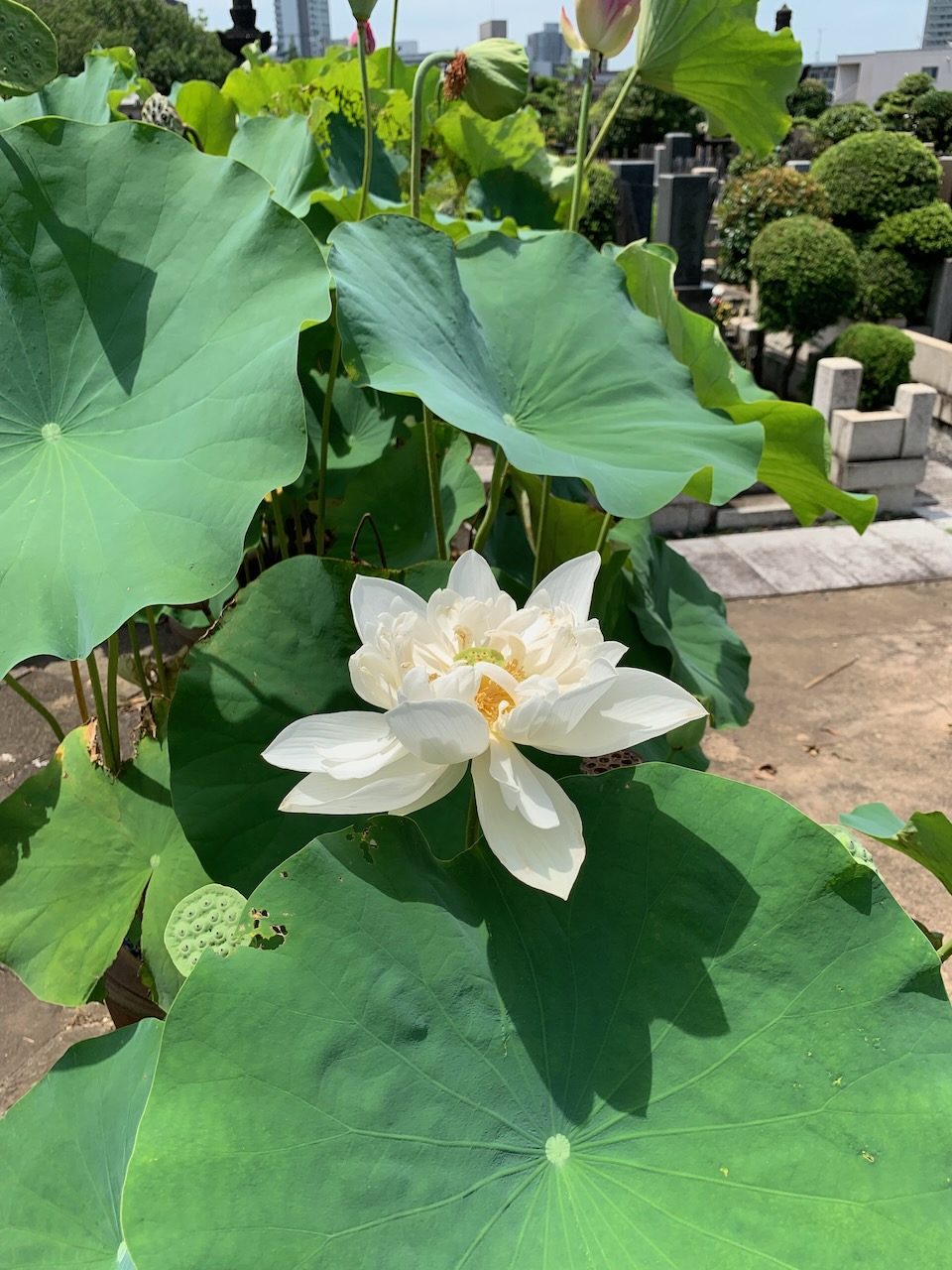
Blogメンバー更新しました!2025.04.01
Our Aim /わたしたちの目的
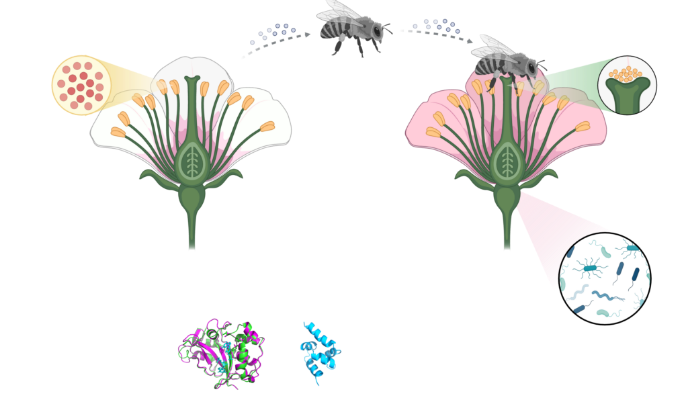
生態系や農業は生物間の複雑な相互作用で成立しています。
私たちは、植物の花をめぐって生物と生物の間で起きる相互作用の中で、生物有機化学のレベルで物質がどのように関わるのかを明らかにします。
これらの研究を通じて生態系がどうやって成立しているのかを明らかにして、多様性を維持しつつ持続可能な農業社会を目指します。
Ecological and agricultural systems are established through complex interactions between organisms. We aim to discover bioorganic chemistry mechanisms within complex biological interactions in plant flowers. Our science would lead to establishing sustainable agricultural society as well as understanding and maintaining diversity.
Project /プロジェクト
-
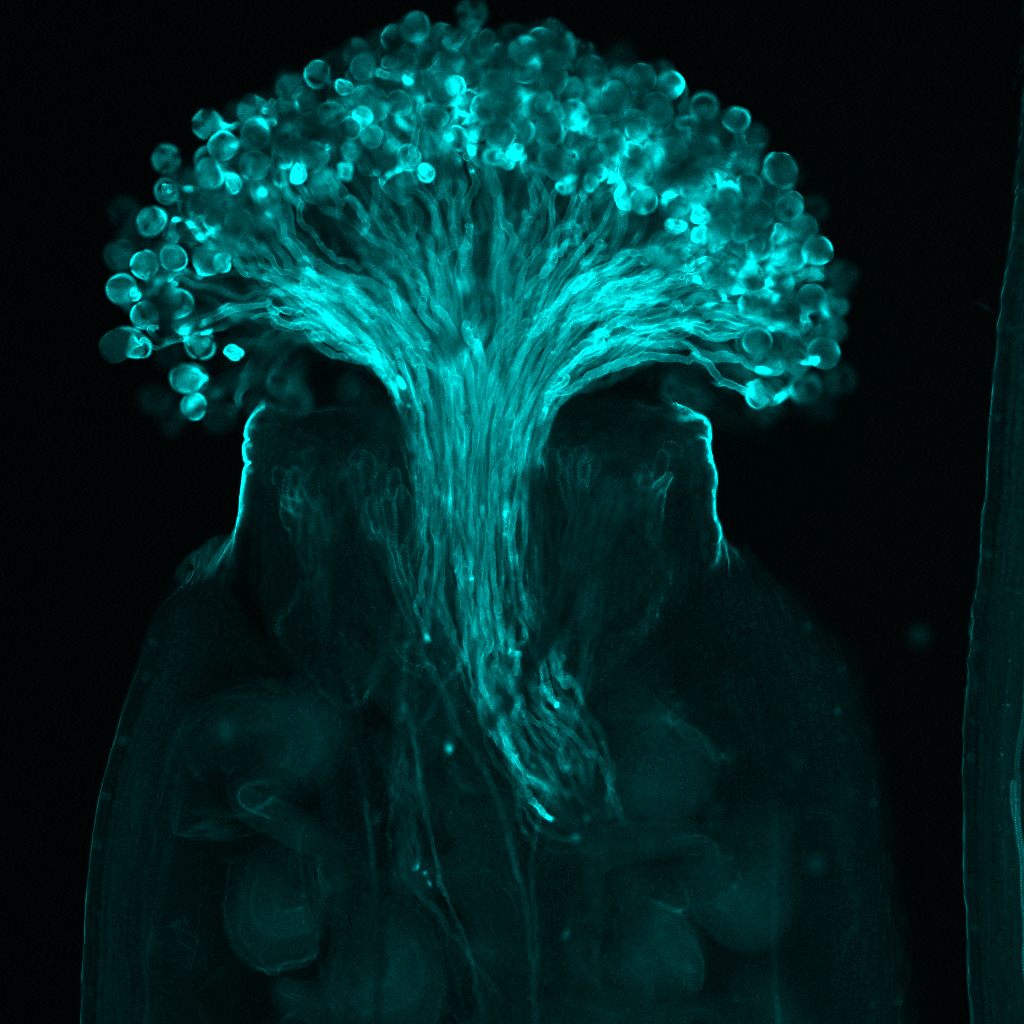
植物の種間生殖障壁の研究
Research on interspecific reproduction barriers in plants
-
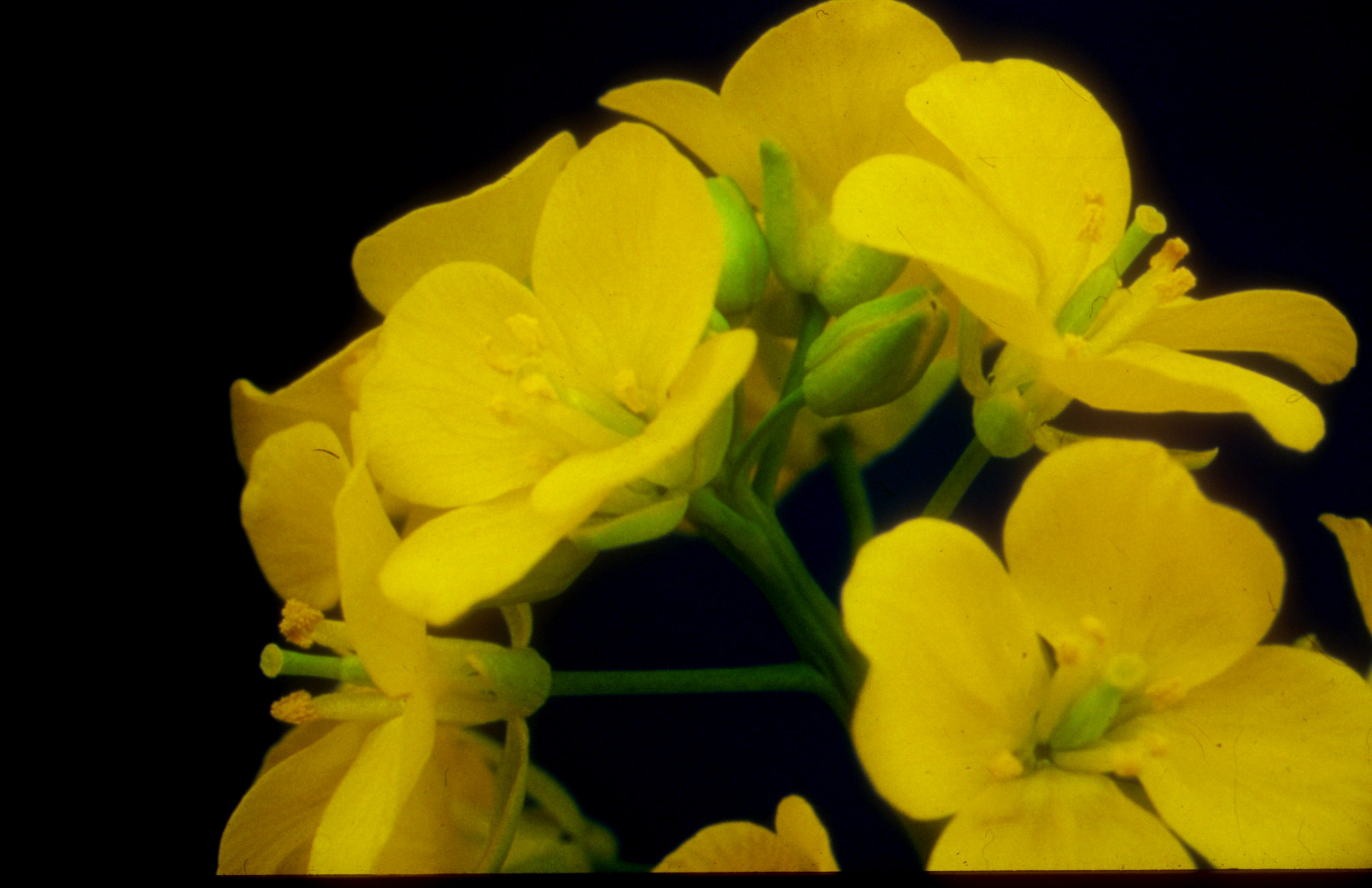
植物の自他識別の研究
Research on self-other identification in plants
-
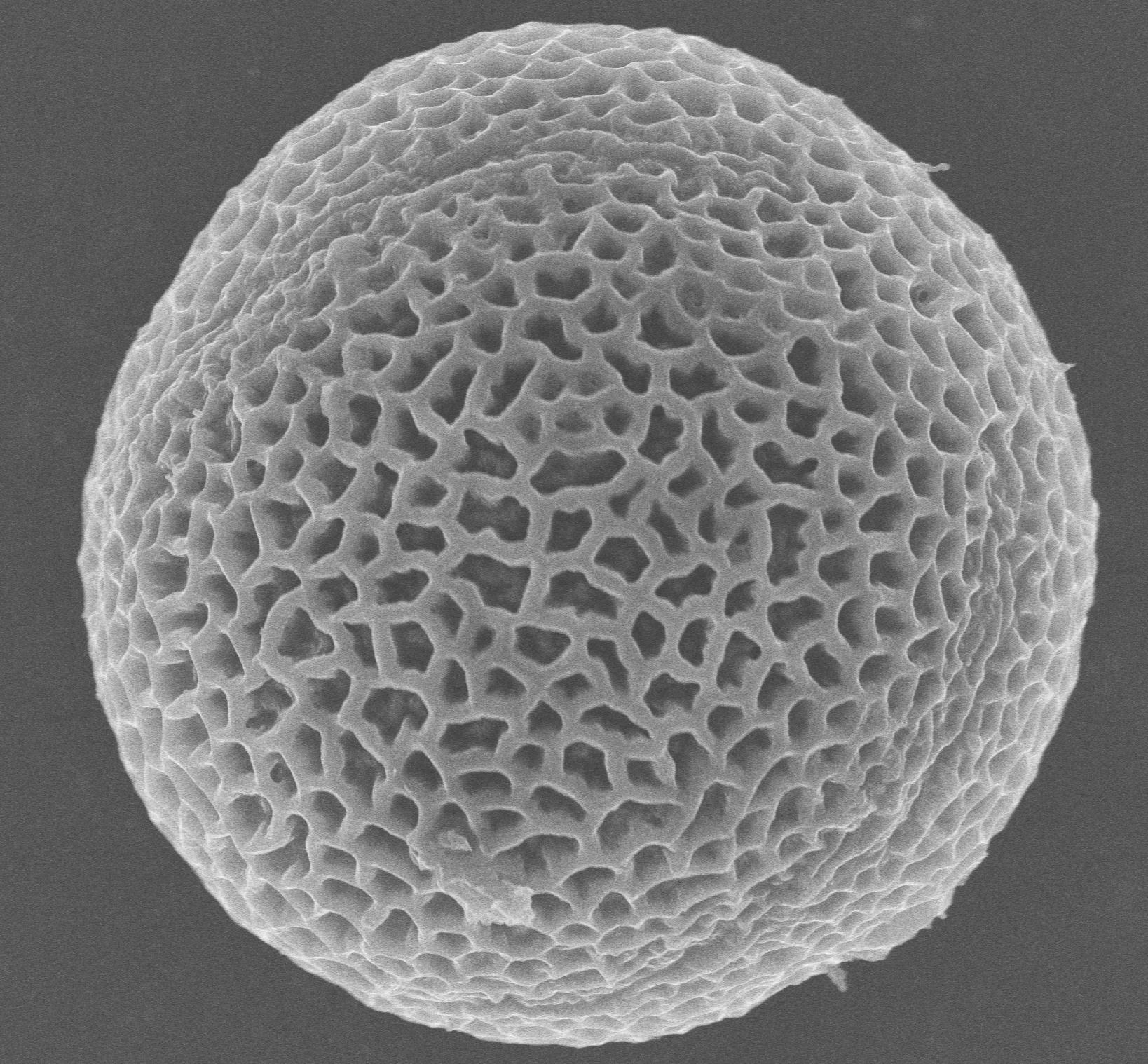
植物生殖の基礎メカニズムの研究
Research on the basic mechanism of plant reproduction
-
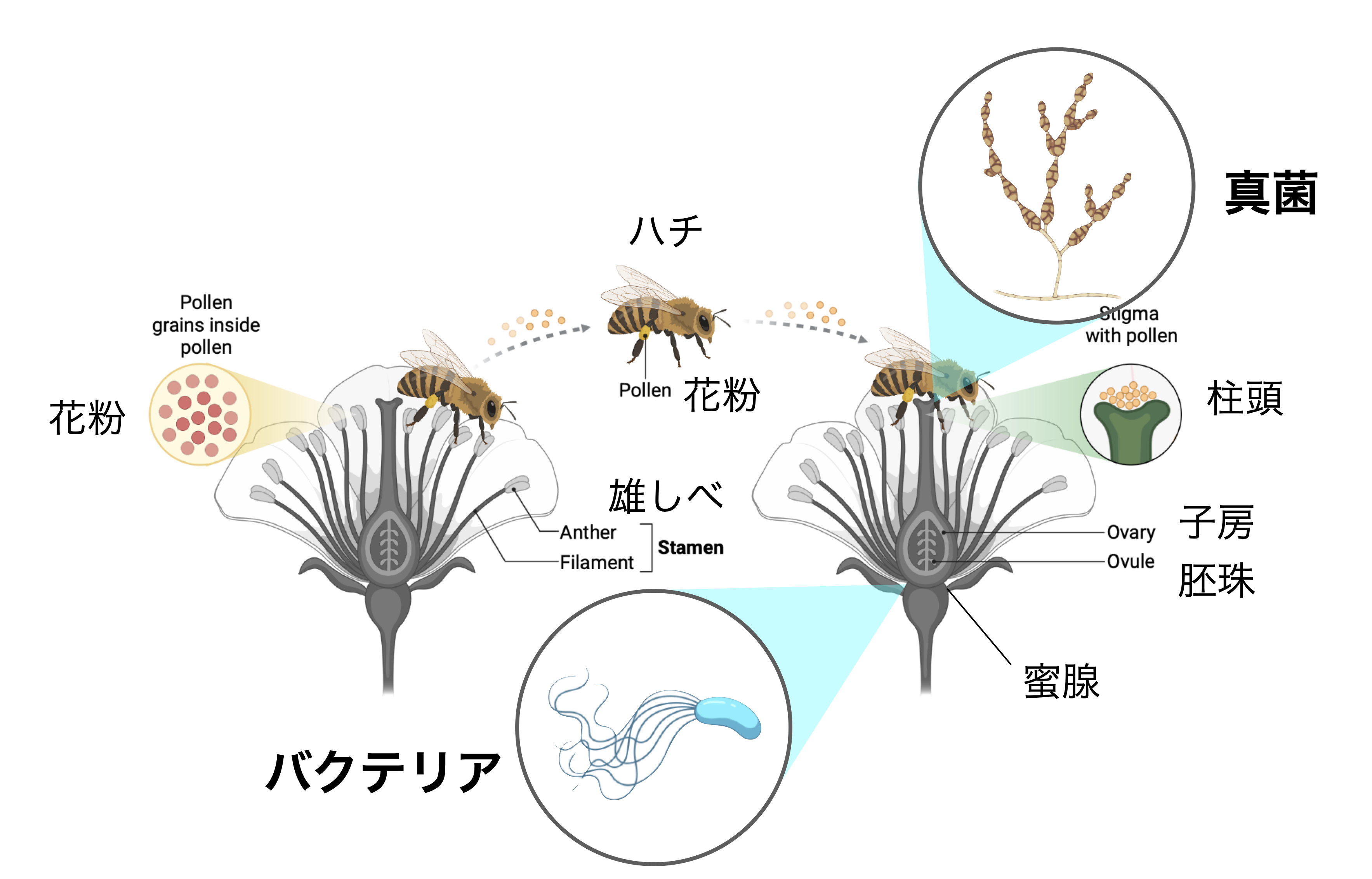
花と微生物の共生・競合の研究
Research on symbiosis and competition between flowers and microorganisms
-
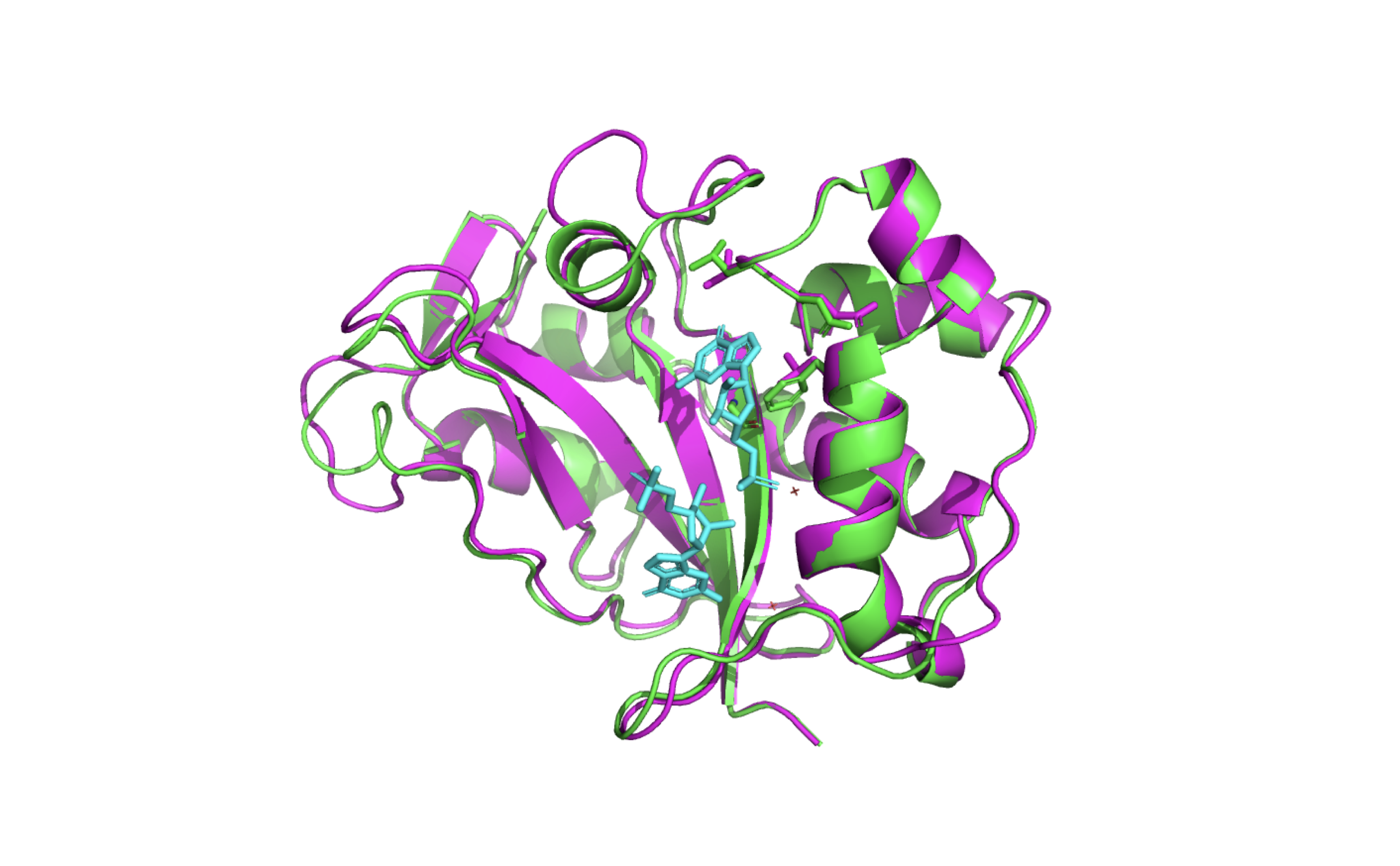
「生殖ケミカル」の研究
Research on “reproductive chemicals”
-
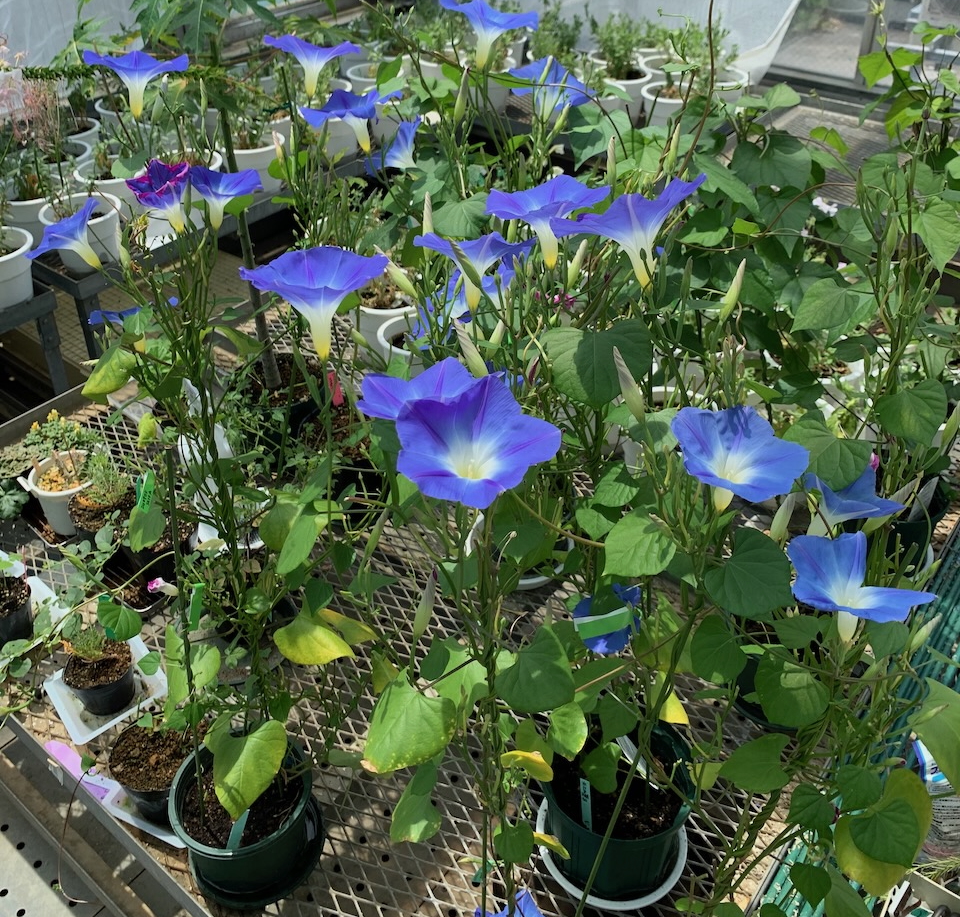
その他の研究
Other researches
Opportunities /学生・研究者の募集情報
当研究室では生殖、生態系、生物、化学などに幅広い興味をもつ学生、大学院生を随時募集しています。
また、学術専門職員(技術職員)、博士研究員、特任教員なども募集も行っている場合があります。
オンサイトまたはオンライン研究室見学も歓迎しております。気軽にお問い合わせください!!
We constantly look for talented students, technicians, postdocs or projected science staffs with broad interests in reproduction, ecology, biology and hemistry.
We are open to lab visits, either on site or on line. Feel free to ask us if you are interested in.
- 2025.12.24
- 研究室見学、随時歓迎しています!
- 2025.04.22
- 2025年度の大学院説明会
- 2025.03.12
- 大学院生募集しています!/ Recruiting Graduate Students!
- 2024.12.26
- 研究室見学,随時歓迎しています!
- 2024.12.17
- 学振PD募集 / Application for JSPS PD fellowship
Lab query form /研究室へお問い合わせ
Access /アクセス
東京大学大学院 農学生命科学研究科
応用生命化学専攻 生物有機化学研究室
東京大学弥生キャンパス 農学部2号館 3階 318号室 1-1-1 Yayoi, Bunkyo-ku, Tokyo 113-8657, Japan
Laboratory of Bioorganic Chemistry
Graduate School of Agriculture and Life Sciences
The University of Tokyo
Tel:03-5841-5133 / +81-3-5841-5133
mail:a-fujii@g.ecc.u-tokyo.ac.jp

